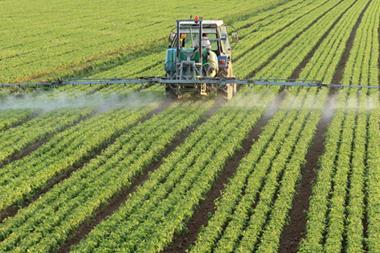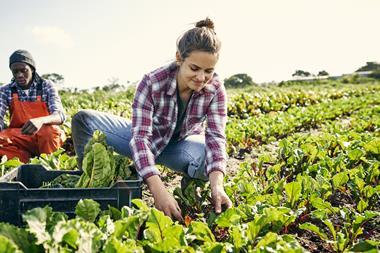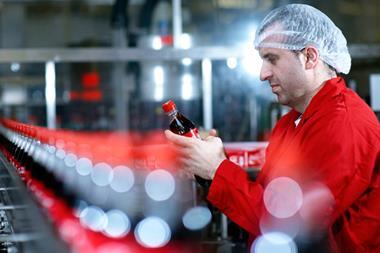As the world recoils from the horror unfolding in Ukraine, UK immigration minister Kevin Foster is facing widespread condemnation for appearing to suggest Ukrainians fleeing the Russian invasion could apply to come to this country to pick fruit.
In a now-deleted tweet responding to Labour (Co-op) MP Luke Pollard on how the UK government would help Ukrainian refugees with no family in the UK, the Home Office Parliamentary Under Secretary said there were a “number of routes” for the country’s migrants, “not least our seasonal worker scheme”.
Unsurprisingly, there has been a huge backlash on social media. Foster’s tweet – which comes as some 422,000 Ukrainians have already fled their homeland, according to the UN’s refugee arm – was slammed as “insensitive” and “abhorrent”.
Indeed, the UK government as a whole has faced criticism today for its stance on the situation. With more than 100 Ukrainian civilians already killed in Europe’s worst conflict for two decades (and the real figures likely to be “considerably higher”, according to UN human rights chief Michelle Bachelet), ministers are facing mounting pressure to follow the EU’s lead and throw open the UK’s borders to Ukrainian refugees.
There have been hints the government could soften its policy in the coming days, with Conservative MP Thomas Tugendhat, who is chairman of the Foreign Affairs Committee, telling Radio 4 there was a “definite opportunity to be generous”.
But speaking in Parliament today, UK home secretary Priti Patel said she would not agree to visa waivers for Ukrainians.
Even if the government does eventually change its rules, some believe the conflict will actually result in fewer Ukrainians coming to the UK, not more. Which could have big implications for the food and drink sector.
That’s because Ukraine has emerged as a major country of origin for seasonal workers in recent years. According to migration statistics from the Home Office, almost 20,000 seasonal worker visas were granted to Ukrainian nationals in 2021, accounting for two-thirds (67%) of the total.
Now, Ukranian men aged 18 to 60 have been banned from leaving the country and urged to join the army. And with UK visa services in Kyiv suspended, the recruitment that usually takes place in Ukraine for SAWS is unlikely to continue as normal this year, The Conversation noted this week.
Ukrainian workers currently in the UK on seasonal visas have had their visas automatically extended to the end of 2022, but it’s unclear how many of these workers are still present in the country. Indeed, many Ukrainian nationals are reportedly returning home to fight.
It means UK farms could face even bigger shortfalls of seasonal workers in 2022 than previously expected. Which, combined with surging prices for oil, fertiliser, wheat and corn in the wake of Russia’s invasion of Ukraine, will likely further push up food prices in this country.
Indeed, economists are now warning UK inflation could peak at more than 8%, The Times reported today.
And while the FTSE 100 has bounced back somewhat from its initial crash, the crisis is also threatening to hammer margins of major fmcg players with sales and operations in Russia.
Of course, the prospect of higher food prices and economic uncertainty pales in comparison to the humanitarian crisis currently unfolding as a result of Russia’s invasion of Ukraine. Which could worsen significantly should today’s peace talks in Belarus between negotiators for Kyiv and Moscow fail – as many believe they will.
With Putin putting Russia’s nuclear deterrent forces on high alert yesterday – which the Kremlin today suggested was a response to comments by British foreign secretary Liz Truss – these are frightening times for everyone.
But as we worry about the future consequences of this conflict, let’s not forget those already fighting on the frontline, and those fleeing for their lives.




















No comments yet